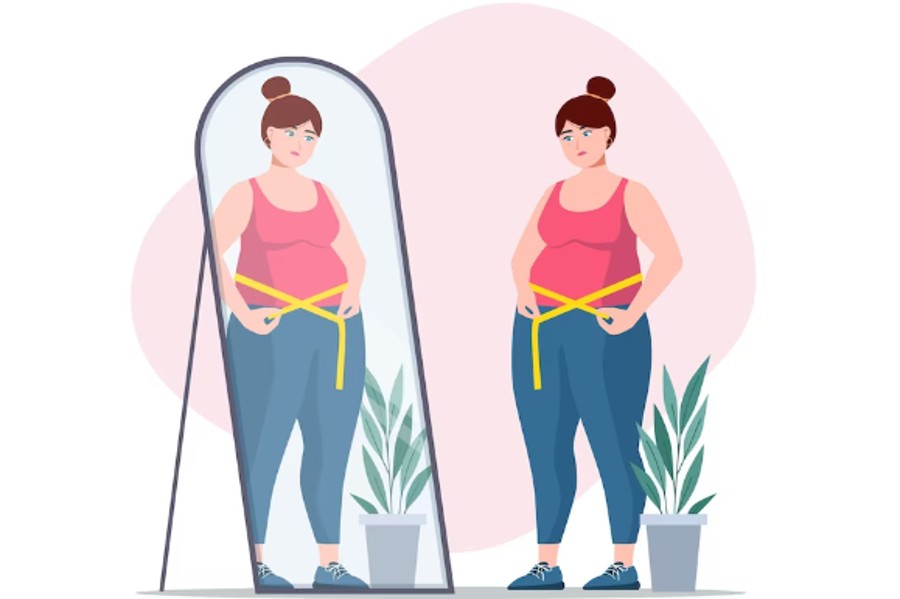The ketogenic diet, often referred to as the keto diet, has gained tremendous popularity in recent years as an effective method for weight loss and overall health improvement. This low-carb, high-fat diet has been praised for its ability to help people shed pounds and improve their overall well-being. However, embarking on a keto journey as a beginner can be a daunting task. This ultimate guide aims to provide you with comprehensive information on the keto diet, its principles, benefits, risks, and tips to help you get started on your journey to better health.
As you start your keto journey, it’s important to be aware of common misconceptions and myths surrounding the diet. Here are a few of them:
Myth 1: The Keto Diet Is All About Eating Bacon and Cheese
While bacon and cheese can be part of a keto diet, it’s essential to prioritize a variety of foods for optimal health. A well-rounded keto diet should include a range of fats, proteins, and low-carb vegetables to ensure you get a variety of nutrients.
Myth 2: You Can Eat as Much Fat as You Want
Although the keto diet is high in fat, it doesn’t mean you can eat unlimited amounts of it. You should still be mindful of portion sizes and your daily calorie intake to achieve your goals, whether they’re related to weight loss or overall health.
Myth 3: You Can’t Have Fruit on the Keto Diet
While fruit is generally higher in carbohydrates than other foods, there are keto-friendly fruits like berries that can be included in moderation. Be sure to account for their carb content in your daily intake.
Myth 4: The Keto Diet Is Not Sustainable
The keto diet can be a sustainable long-term eating plan for some people, but not for others. It’s essential to listen to your body and adapt the diet to your individual needs and preferences. Some people choose to cycle in and out of ketosis or follow variations of the diet to maintain their health and weight.

